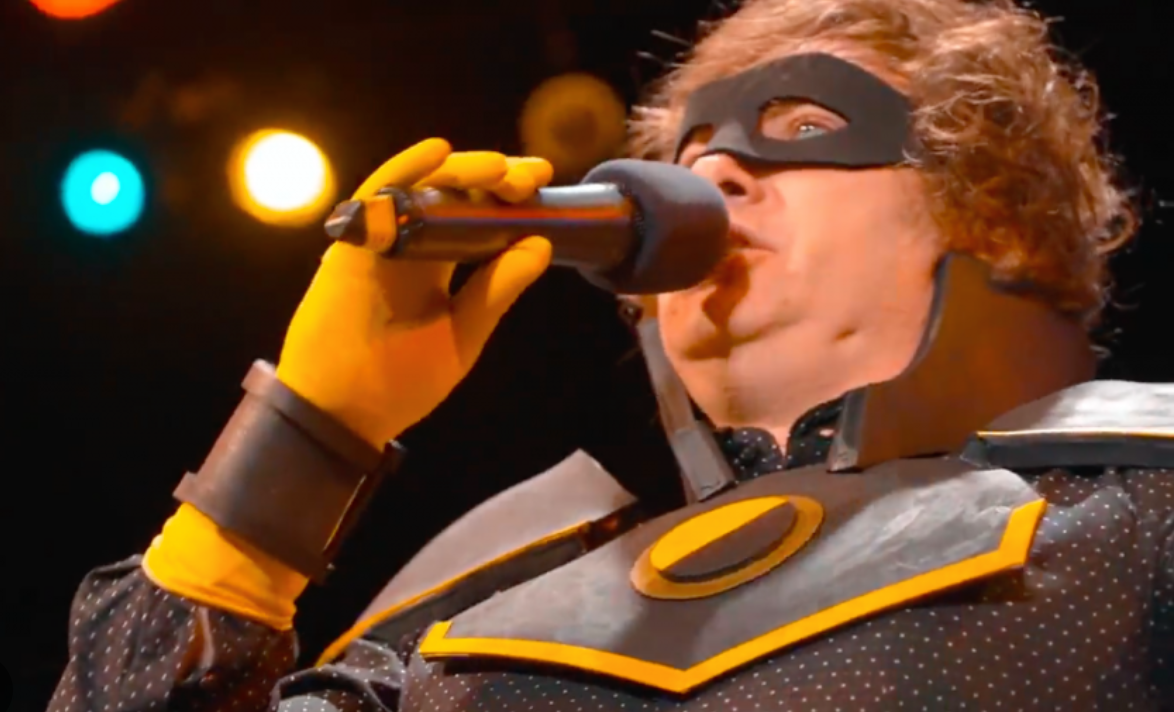Having led his libertarian party alliance La Libertad Avanza into the Argentine National Congress in 2021, the far-right firebrand Javier Milei has once again outperformed expectations. In the August presidential primaries, he received 30% of the vote – beating the two candidates from the centre-left Unión por la Patria, who won 27%, and those from the centre-right Juntos por el Cambio, who received 28%. Now, in the run up to the general election of 22 October, Milei sits alone atop every poll. The only uncertainty is whether he can break the threshold to avoid a second round.
For many onlookers, Milei’s politics have been difficult to classify. He is a former semi-professional footballer, rock musician, comic-con cosplayer, tantric sex guru and professor of economics. He is also a red-faced television pundit and self-made internet meme. Caricature of this admittedly cartoonish figure is the crutch of countless op-eds, which reduce him to a Trump knock-off with an even more eccentric hairstyle. Others view Milei as just another iteration of Latin America’s amorphous ‘populist’ phenomenon spanning Chávez, Castillo, and Bukele. But in this binary frame – liberal stability versus populist demagoguery – all variants of ‘anti-establishment’ politics are lumped together, with little sense of their local particularities.
Another line of commentary correctly focuses on the spiralling economic crisis. At around 120%, inflation is burning through the wallets of the entire population. The public debt-to-GDP ratio is about 80%. The IMF has made harsh austerity measures a condition of fresh loans every three months. The post-pandemic labour market is increasingly flexibilized, with a large informal sector characterized by overemployment rather than underemployment: for many workers, multiple jobs and gig work are a means of survival.
That a plurality of voters might rebel against a party establishment overseeing this kind of crisis is no surprise. Nor is it surprising that ‘populism’ should catch on in the country of its birth. But the question remains: why does Milei speak to this conjuncture, and what might his victory mean for the country’s future?
At electoral rallies that double as punk concerts, Milei pairs a hyper-individualist creed of ‘life, liberty, property’ with a populist denunciation of the ‘political caste’. He begins and ends speeches with his catchphrase: ‘long live liberty, goddammit.’ His adoring audiences are mostly hyper-online, Bitcoin-loving men. Milei promises them he will ‘burn down’ the central bank, dollarize the currency, eliminate most state agencies and privatize publicly owned firms. Just as he describes anthropogenic climate change as a ‘socialist lie’, he denies the torture and disappearances that took place under the dictatorship, and plans to pardon the military officials jailed for such offences. Fuelled by a virulent sexism, he hopes to roll back the progress made by the country’s powerful feminist movement, particularly the legalization of abortion, and defeat the so-called ‘gender ideology’ of the LGBT community in education and culture writ large.
Milei’s outlook represents a reactionary mutation of neoliberalism in response to crisis conditions. It is the latest iteration of Latin America’s longstanding free-market authoritarian tradition – what Verónica Gago calls the ‘originary violence’ of its peripheral neoliberal model. At a time of desperation, as Pablo Stefanoni has observed, Milei has succeeded in building the only ‘truly ideological candidacy’ with both an electoral programme and a utopic image of the future. This goes some way to explain how he could win over so much of the male youth in Buenos Aires’ impoverished villas.
More than Jair Bolsonaro – whose candidacy was boosted by the young online activists of the Free Brazil Movement after he promised to appoint Chicago Boy Paulo Guedes as finance minister – Milei is a card-carrying neoliberal. When asked how he became one, he speaks of a near-religious conversion – from neoclassical Keynesianism to the Austrian School.
Milei’s anarcho-libertarian philosophy is manifest in his concrete plans for dollarization – a project for which he has already begun to seek foreign financing. For many voters, incensed by inflation and accustomed to dealing in US currency, this policy seems intuitive, or at least worth the risk. For Milei, though, it is less about resolving the current crisis than upholding a timeless principle. In the Austrian School tradition, a return to the gold standard is the holy grail, and dollarization is the next best option.
In contrast to rudderless performers like Bolsonaro and Trump, Milei is zealously committed to a coherent ideology. But when speaking the Economist, he rejects accurate characterizations of his programme as ‘hyperbole’. Here Milei suggests that the welfare state should certainly be destroyed – but not all at once. ‘It is the enemy, so we are going to dismantle it. But with a transition.’ He proposes cutting the number of government ministries from eighteen to eight. A new era of shock therapy is on its way; but, as Milei assures the Economist, this won’t cause problems for international institutions or investors, since his own tax and spending cuts will be much harsher than the IMF’s proposals.
The Financial Times questions his ability to execute such policies: ‘There’s concern about… governability – to what extent he would be able to control protests if he were able to implement his radical measures.’ Would the backlash prove too serious for the state to repress? Again, Milei replies that he will wield his chainsaw – the tool he symbolically revs at his rallies – with care. Security will be entrusted to his running mate Victoria Villarruel. Nicknamed ‘Villacruel’, she has spent her legal career defending military officers convicted of crimes against humanity. She is a longstanding proponent of the so-called ‘two demons theory’ of Argentina’s dictatorship, placing equal blame on communist dissidents and on the state that systematically tried to eradicate them.
Milei’s foreign policy evokes the same themes. He intends to initiate an ‘automatic alignment with the US and Israel’ while refusing to work with ‘socialist countries’ such as China, Brazil, Colombia, Chile and Mexico. Yet, he also criticizes the EU Mercosur deal and opposes the idea of tariffs tout court. His administration would surely extend the extractive frontier in the Lithium Triangle, which is already violently displacing indigenous communities, in line with the IMF’s requirement to pay back sovereign debts in US dollars.
Milei would be a lonely figure in the region; the Uruguayan president and the current frontrunner for president of Ecuador would be among his only allies. Yet, as he explained in an interview with Tucker Carlson – viewed 420 million times following Elon Musk’s endorsement – the far right’s transnational organizing means that such isolation may be short-lived. Milei has ties with Spain’s Vox party and is allied with reactionary leaders across Latin America through initiatives like the Madrid Forum, which aims to bring the moderate and far right together ‘to face the threat posed by the growth of communism on both sides of the Atlantic’.
Milei’s pledge to ‘Make Argentina Great Again’ is not just the latest Trumpian gimmick used by a far-right nationalist. It is also a genuine appeal for liberal palingenesis – a vision of national rebirth through a return to the ‘free-market classical liberalism’ of Smith, Hayek and their inheritors. When Milei uses this phrase, he is not just participating in the rehabilitation of the military dictatorship; he is also calling for a return to the golden years of Argentine history – the first decades of the twentieth century, when it was among the richest nations in the world. This prosperity was supposedly erased by the socialistic state-inventionism of Juan Perón, which has since mired the country in decadence and decline. To recapture such greatness, Milei advocates a ‘libertarian revolution that will make Argentina a world power again in thirty-five years’. Yet, his anarcho-authoritarian programme would not look like dictatorships passed. Its most destructive features are yet to be seen.













